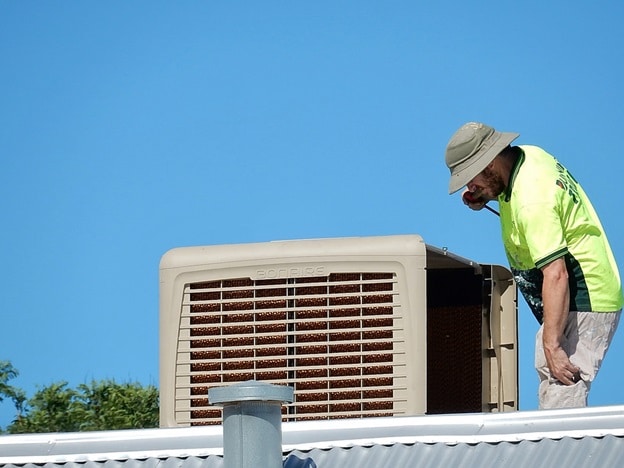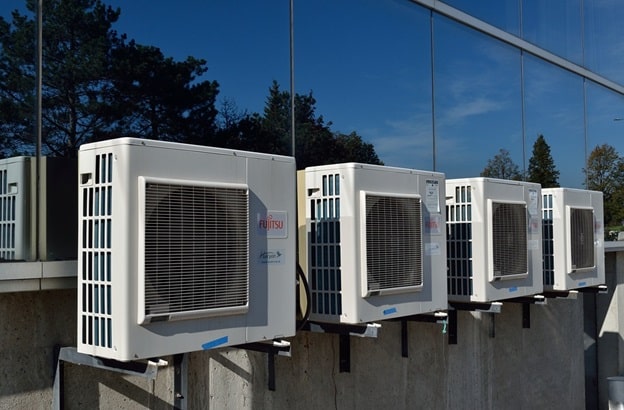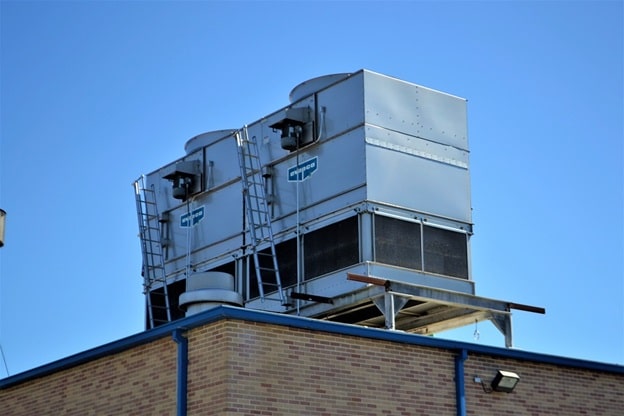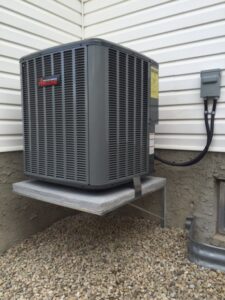
Due to the worldwide clamor to reduce our carbon footprints and help improve the environment, an excellent number of people are now using eco-friendly and energy-efficient AC units in their homes.
Also, because of this clamor, AC manufacturers are now staying away from including harmful refrigerants in their merchandise for the same purpose of betterment of the environment and green sustainability. In fact, it’s great news to hear as progress in technology are keeping up to meet these demands.
But what things to look for so that you’ll know that you’re buying an energy-efficient air-conditioning unit? For some help, here’s a list of eco-friendly features for you to know.
Table of Contents
ToggleRight Size
Perhaps you already know this important info regarding eco-friendly AC units: that size matters. Yeah, you should make sure that your AC unit can distribute sufficient cool air in a particular size of a room. As far as possible, stay away from those small-size air-conditioning units since they’re prone to consume a lot of energy, especially in a large area.
Thus, it’s advisable that you opt for an AC unit that has the right size and capability to provide a refreshing air in your house. Not only that you’ll cool yourself, but you also get a significant amount of money-savings in your electricity expenses.
Two-Stage Compressors

Compressors are one of the components in an AC unit that drains up a significant amount of energy because its function is to apply the energy to the refrigerant and circulate it for heat exchange.
However, modern AC units that you can find today now come with two-stage compressors that efficiently squeeze out fewer heat vapors during cold season and more during summer months. That means that you can save energy as well as money on your electricity expenses.
Thus, if you’re going to buy a new AC unit, you should make sure that it has two-stage compressors.
Geothermal Heat Pumps
Nowadays, an energy-efficient AC unit not only do the job of cooling the air inside a room, but it also filters the air through heating and humidity control features. Modern AC units have geothermal heat pumps that transfer heat from the ground for the pre-conditioning of refrigerant to cool the interior of your house.
Air-conditioning units that have geothermal heat pumps enable your home to save around 20 to 50 percent of your air-conditioning expenses. Although you’ll have to invest your money for the installation, you can guarantee that you’ll recoup the money in just a few years.
You can tap the AC experts at provincialheatingandcooling.ca for some assistance in the installation of geothermal heat pumps for your AC unit.
No Harmful Refrigerants
Most governments today provide regulations that make it illegal for AC manufacturers to include toxic refrigerants in their AC units. The HCFC 22 or hydrochlorofluorocarbons that one can find in older models of AC units is the one leading cause of the damage of the Earth’s ozone layer.
Therefore, if you want to be eco-friendly, it’s high time for you to replace your old air-conditioning unit at home with one that doesn’t have this toxic refrigerant.
Matched Cooling and Heating System

There are different sizes and types of building, meaning that the heating and cooling requirements may vary for every size and type of property. Therefore, for heating and cooling purposes, it will do you good to use a matched cooling and heating system.
Using a matched cooling and heating system will provide you the utmost air-conditioning for your home as well as energy-savings in your electricity expenses. You can tap the AC experts at provincialheatingandcooling.ca for some assistance in the installation of a matched system for your AC unit.
Takeaway
If you’re an environment-conscious individual, It’s vital that you replace the old, electricity AC unit you have at home with a new, energy-efficient one. Doing this action, you’ll not only reduce your carbon footprints, but you also lessen your electricity expenses.









